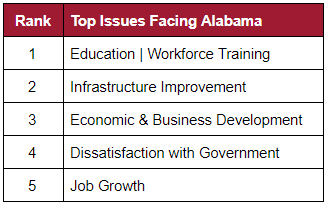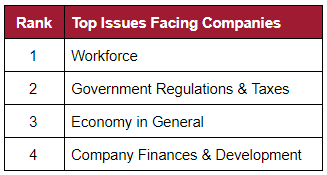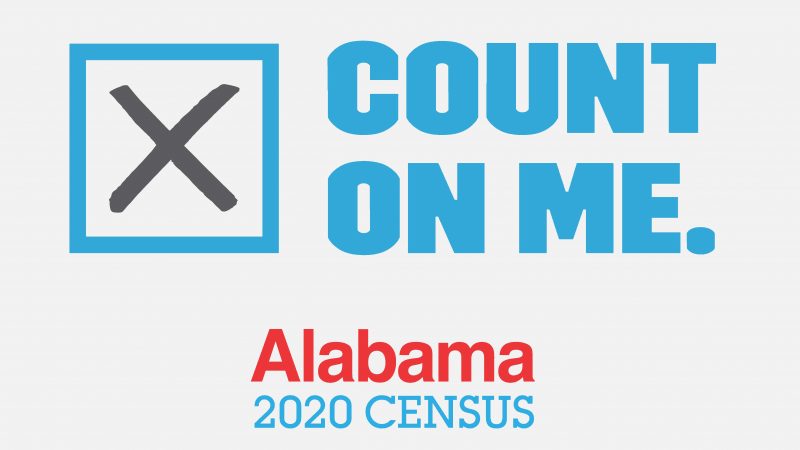Workforce Training Remains Top Issue in 2019
- March 3rd, 2020
Education and workforce training remains the top issue facing Alabama, according to the 2019 Alabama Business Confidence Index (ABCI) Panelist Poll.
The Center for Business and Economic Research (CBER) in The University of Alabama’s Culverhouse College of Business conducts an annual survey of Alabama business leaders to determine the top issues facing the state and their respective companies.

This is the third year that panelists have identified education and workforce as the top issue facing Alabama. In the 2019 survey, 84.7 percent of panelists reported concern about the state of the education and workforce training system, with specific concerns for the lack of funding for K-12 improvements; a desire for including a more career-focused curriculum in high school and junior colleges; and hopes for increased availability of workforce training programs. The goal of these improvements would be to create a more highly-trained workforce throughout the state to fill these higher-skilled positions.

The importance of this issue was echoed when panelists were asked about the top issue facing their individual companies. Having access to skilled or experienced workers allows businesses to thrive and grow, but many panelists are concerned about Alabama’s workforce. In the 2019 ABCI Panelist Poll, 72.2 percent of respondents reported difficulty in attracting and retaining qualified workers.
In addition to workforce concerns for the state, over half of the Alabama business leaders surveyed also included infrastructure, economic and business development, and dissatisfaction with government as the top issues facing Alabama in 2019. A significant portion of businesses were also concerned about job growth. When asked for the top issues facing their individual companies, panelists included government regulation and taxes, the economy in general, and company finances and development in the 2019 survey. The ranking of both lists of issues has remained consistent for the past two years.
Each quarter, business leaders respond to the ABCI survey and receive the reports that summarize the business sentiment for the state and its four largest metro areas. When asked how they use the results, over 80 percent of the 2019 panelists said they use it as a general indicator of local and regional economic outlook. About 47 percent use the ABCI reports to compare their personal projections to others’ viewpoints, and 40 percent use it as background information for their own forecasts. About 22 percent of business leaders who responded to the Panelist Poll use the ABCI reports for economic development, decision-making, or short-term planning, while that same percentage share the results with others.
The ABCI panel is open to business executives across the state. Registration and current and historical results are available on the ABCI page of CBER’s website. Newsletters with results are provided for Alabama and for the Birmingham-Hoover, Huntsville, Mobile, and Montgomery metro areas. Panelists can take the Q2 2020 survey until March 15. For questions, please contact socioeconomic analyst, Susannah Robichaux at scrobichaux@cba.ua.edu.





